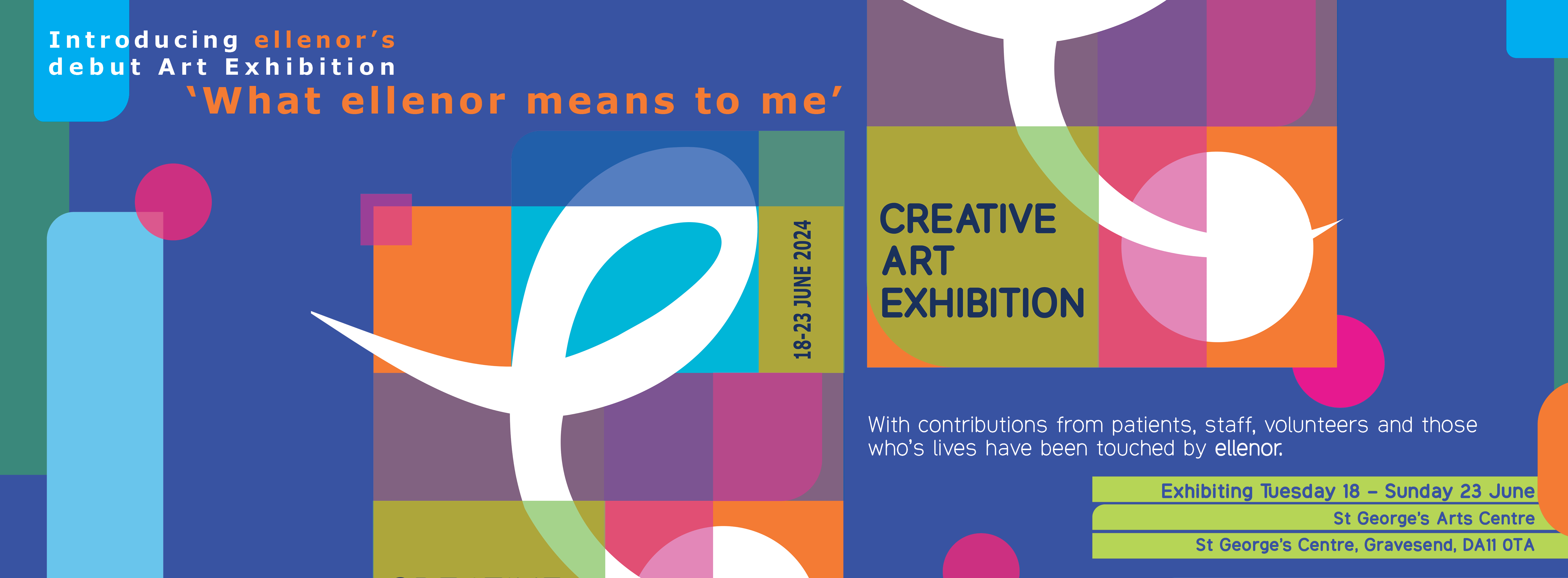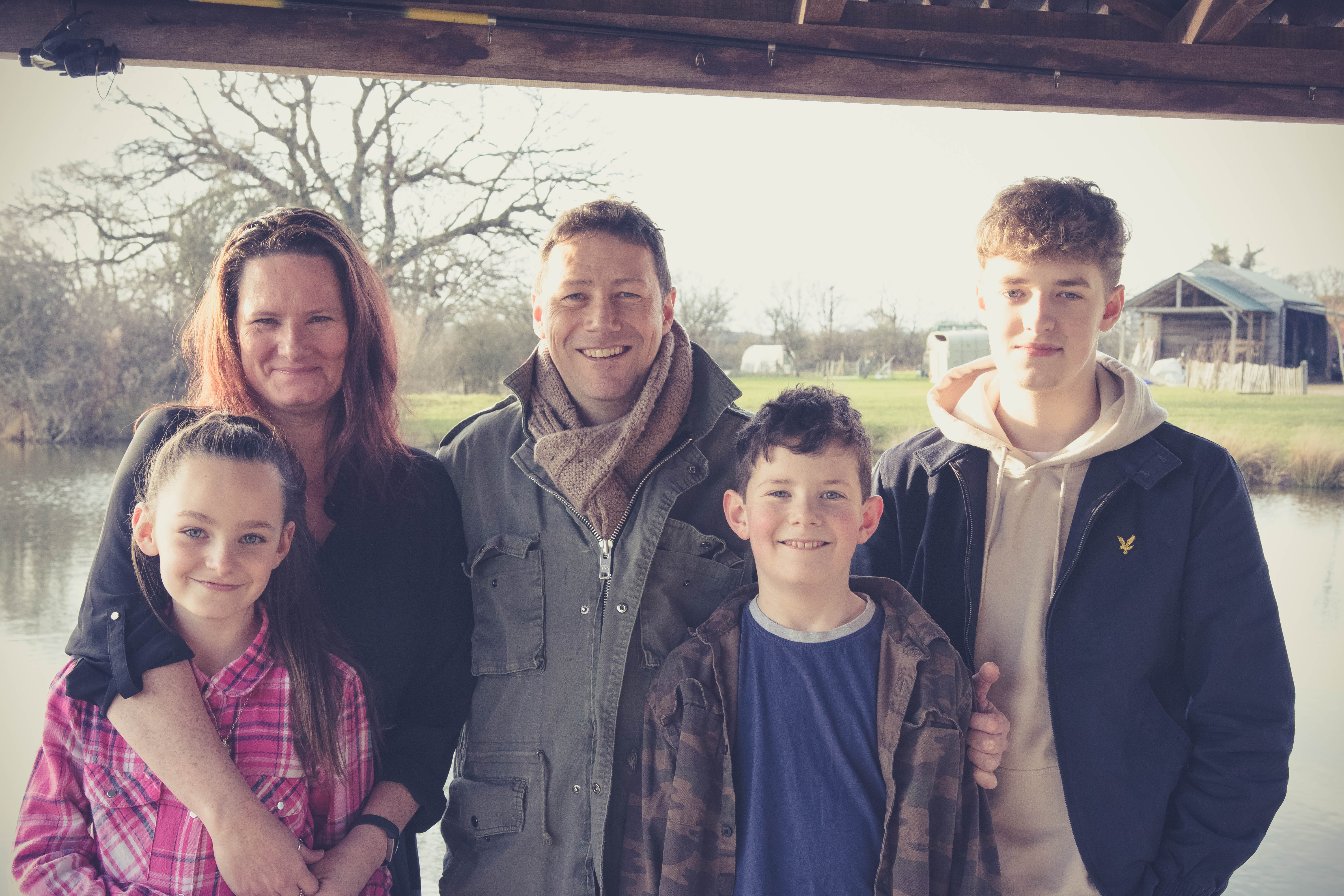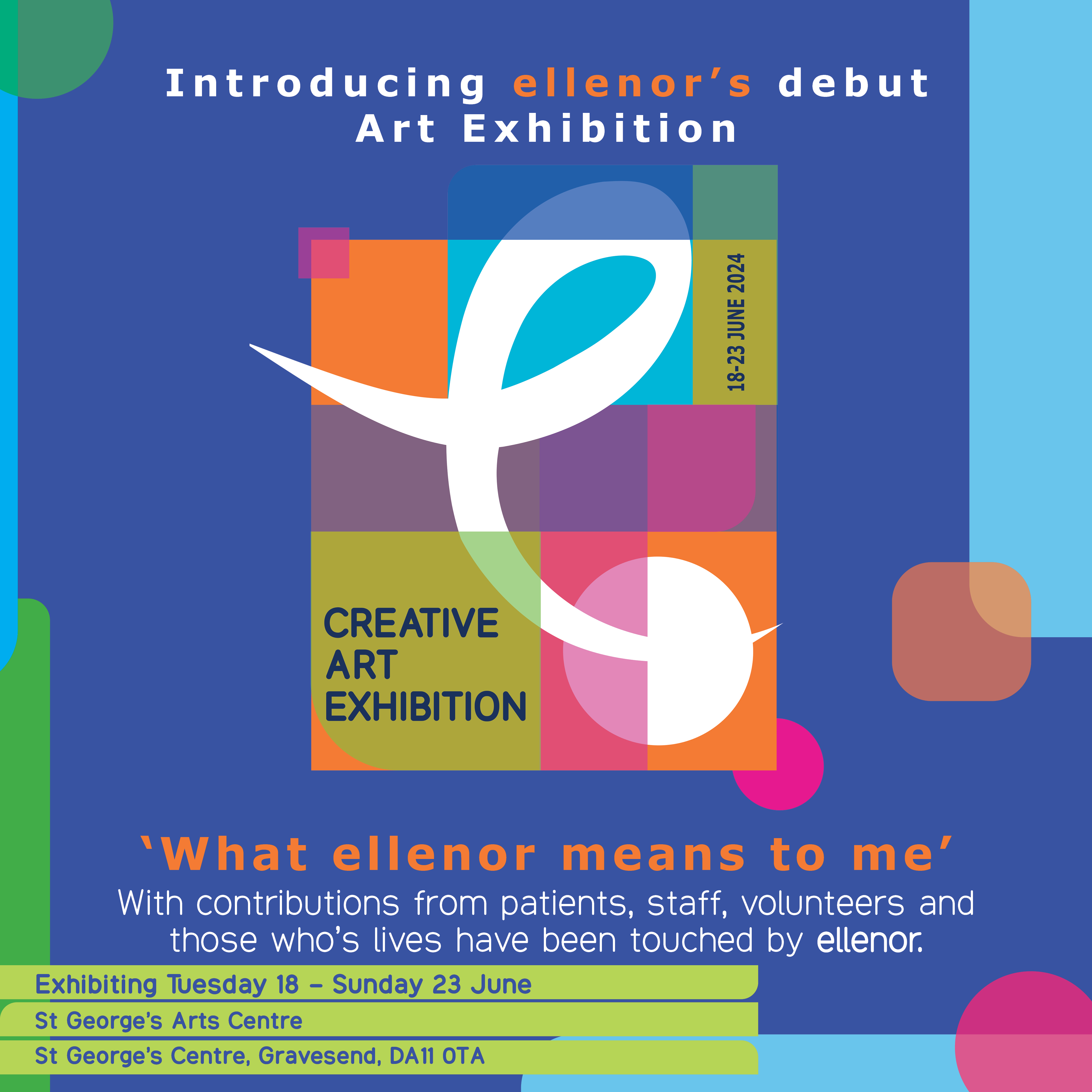When Philippa Dunstan’s husband Sam Magee was born, doctors called his survival a medical miracle.
Born with a rare heart condition, Sam was read his last rites a mere 30 minutes into life – and Sam’s case, as one of the first babies to undergo open heart surgery, would go down in British medical history.
What the medical journals couldn’t capture, however, was that Sam would grow up to have a family of his own: marrying Philippa, becoming a dad to Jake (now 23), Finn (now 17) and Molly (now 16), and setting up a loving, life-filled home in Gravesend.
“The children were everything to Sam,” Philippa recalls. “He lived for them, and they felt so loved every day he was with them. He was the best father anyone could’ve hoped for.”
Despite that dim early prognosis, Sam went on to thrive for 46 years. But then in 2019, as he awaited a heart and lung transplant at a specialist hospital in Newcastle, Sam’s condition began to deteriorate.
For Philippa, the prospect of losing Sam was traumatic enough. But a question was already raising its horrible, hideous head in her mind:
How would – how could – she tells the children that their dad was dying?
Philippa was referred to ellenor by the British Heart Foundation – and initially, like so many people with misplaced preconceptions about hospice care, she was confused.
What could ellenor – a hospice providing care and support for patients and their families facing life-limiting and life-threatening illnesses in Kent and Bexley – do for her family?
Philippa picked up the phone. Six years later, she still remembers the call.
“I spoke to someone at ellenor, and I was expecting them to say that they couldn’t help me. I said, ‘Hi, I need help telling my children that their dad’s going to die.’ I thought there’d be a ridiculous response to that, but there wasn’t. They said, ‘We can help.’ No questions asked.”
The appointment with ellenor came around. Philippa describes that day as the hardest of her life.
“The kids and I sat down, and ellenor’s team basically just asked questions. Do you know why your dads in Newcastle? Do you understand he’s waiting for transplants? Do you understand what will happen if he doesn’t get them? The horror on my children’s faces when the words “he will die” were uttered was horrific. Absolutely horrific.
“But ellenor was amazing. They talked them through it, and when we left, we were able to chat about it in the car on the way home. They broke my kids – then put them back together again.”
Not long after, Philippa, Finn, and Molly travelled to Newcastle for the final three months of Sam’s life.
Sam Magee died in hospital, surrounded by his adoring family.
When the family returned to Gravesend, Philippa’s phone rang. It was ellenor.
“It never occurred to me then that they would phone me to follow up. I thought they would have forgotten about us – we used their services; they did what was asked of them – so to have that phone call when we got back was a pleasant surprise.
“I remember putting the phone down and thinking, ‘Wow, they’ve invited Finn and Molly back for a session, and asked me how I am. And these are complete strangers from a hospice.’
“Sam had died, but ellenor made it clear that the support was still there for me.”
Following that call, Finn and Molly both spent some time with ellenor’s Play Therapist, Jola Martis.
Jola specialises in working with bereaved children and using play-based methods to help them express and understand their grief through non-verbal mediums.










